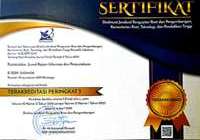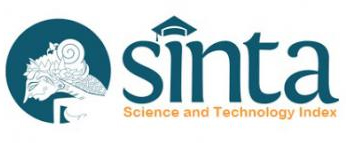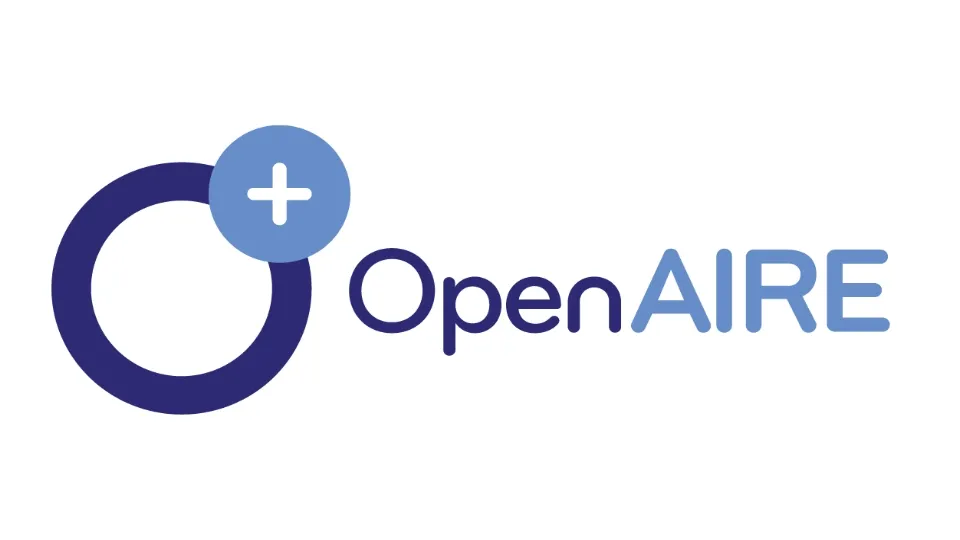Pemanfaatan Google Custom Search Untuk Pencarian Satu Pintu Koleksi Perpustakaan BPPT
DOI:
https://doi.org/10.21154/pustakaloka.v11i2.1663Keywords:
Google Custom Search, search engine, library, information retrievalAbstract
The Library of Technology Assessment and Application has several collection repositories that are stored on different applications and servers. In searching for collections that are needed, users must search for in each application. There is not yet a single way to search all of this content at once, therefore required a single way searching through all repositories so that users can easily find the information needed. In this study, the Google Custom Search plugin was used to build a one-door search portal, so users can search collections in multiple repositories through single way. The results showed that this plugin can be used to build a one-door search portal. The use of the Google Custom Search plugin is easy and simple. The results of the search showed collections from each repository according to the keywords entered.Downloads
Published
Issue
Section
License
Requirements to be met by the author as follows:
- Author storing copyright and grant the journal right of first publication manuscripts simultaneously with licensed under the Creative Commons Attribution License that allows others to share the work with a statement of the work's authorship and initial publication in this journal.
Authors can enter into the preparation of additional contractual separately for non-exclusive distribution of a rich version of the journal issue (eg: post it to an institutional repository or publish it in a book), with the recognition of initial publication in this journal.
Authors are allowed and encouraged to post their work online (eg, in institutional repositories or on their website) prior to and during the submission process, because it can lead to productive exchanges, as well as citations earlier and more severe than published works. (see The Effect of Open Access).















